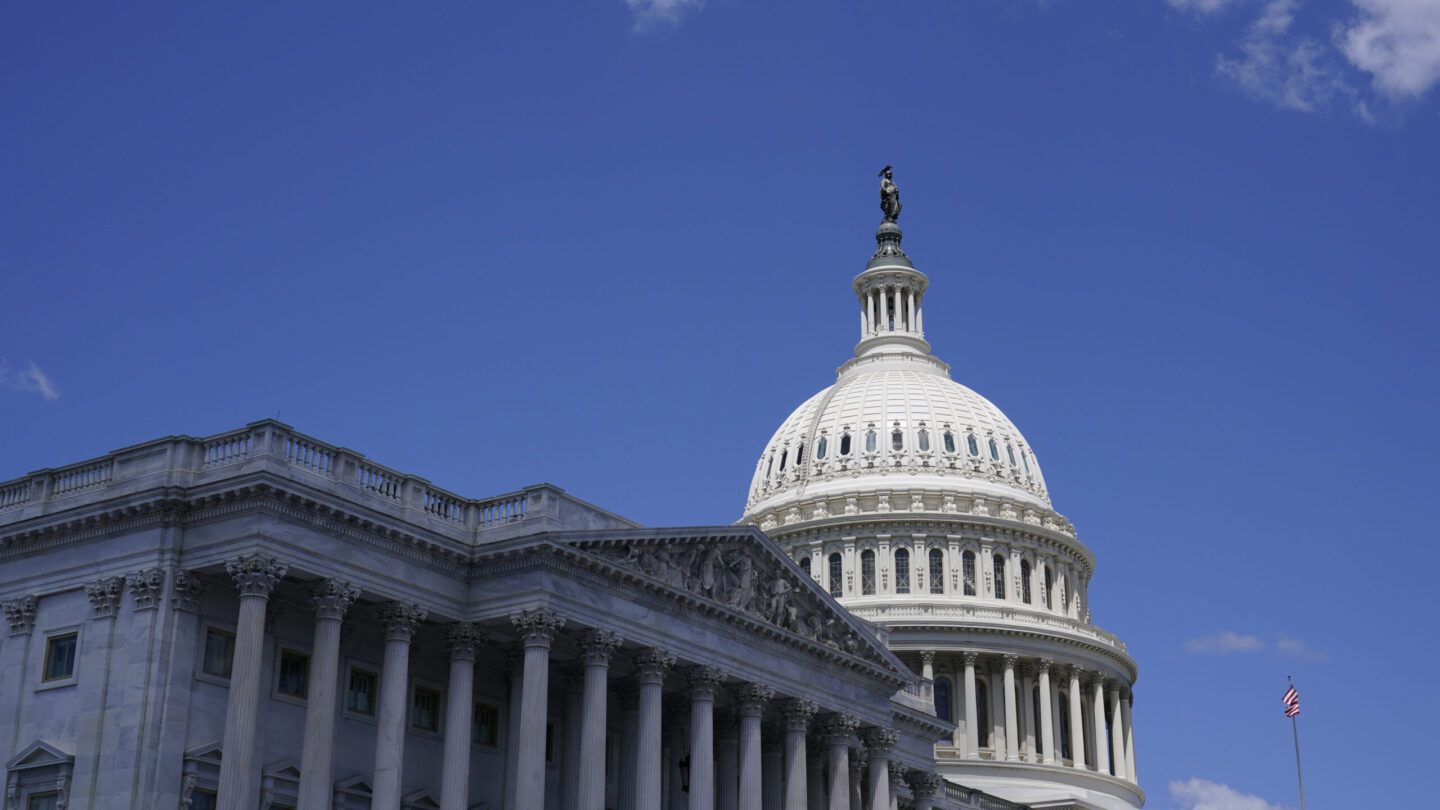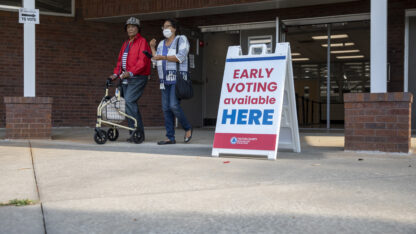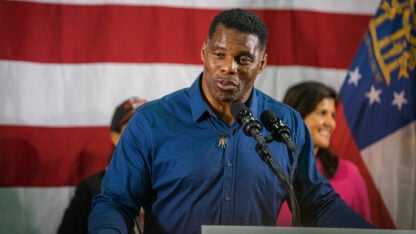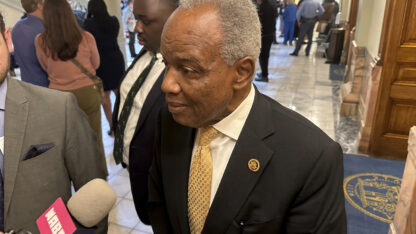Senate Democratic leaders unveiled a stopgap government funding bill overnight, just days before federal agencies run out of money on Friday.
The continuing resolution funds the government through Dec. 16 and keeps spending at the same levels, giving Appropriations committees in both the House and Senate more time to iron out a broader budget deal for the rest of the fiscal year.
The legislation also includes roughly $12 billion for Ukraine assistance. Congress has already approved tens of billions in military and humanitarian aid for the country after Russia invaded in February. The measure also includes $20 million to help Jackson, Miss., clean up its water crisis, $2.5 billion to address damage from a wildfire in New Mexico, and $1 billion to boost funding for a low income home heating program.
Under a deal previously negotiated by Senate Majority Leader Chuck Schumer, D-N.Y., Sen. Joe Manchin, D-W.Va., and House Speaker Nancy Pelosi, D-Calif., the bill also includes legislation, drafted by Manchin, that overhauls how the government approves permits for energy production. Manchin obtained a pledge to attach his bill in return for his supporting the Inflation Reduction Act, a health care and energy bill approved in a party line vote in August.
The Senate is slated to take a procedural vote on the stopgap funding bill on Tuesday evening, just days before the deadline to avoid a shutdown. But there has been bipartisan opposition to Manchin’s permitting proposal, which would need 60 votes to advance as part of the package. Many Republicans are still upset that Manchin joined Democrats to back the broad climate and health care bill after saying he couldn’t vote for a broad domestic spending package, known as Build Back Better. Manchin’s support for a scaled down version that included provisions to lower prescription drug prices and invest in energy programs gave Democrats and President Biden a significant legislative victory heading into the 2022 midterms. A bloc of progressive Democrats led by Vermont Sen. Bernie Sanders is joining GOP senators, including Senate Minority Leader Mitch McConnell, to oppose the permitting proposal, arguing new projects could negatively impact communities of color.

9(MDAxODM0MDY4MDEyMTY4NDA3MzI3YjkzMw004))








